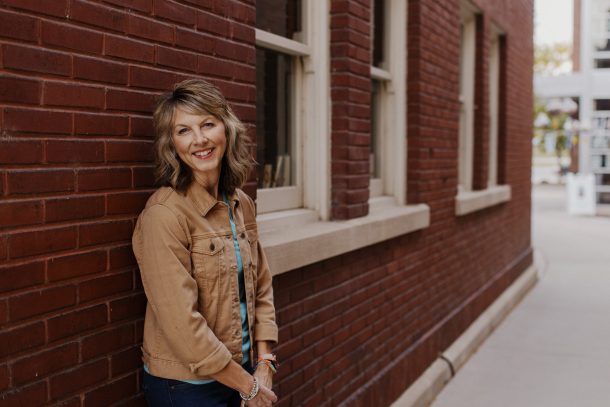All week I have shared a little about Dr. Gary Chapman’s The Five Love Languages book and my experiences with The Five Love Languages. As we wrap this week up, I hope you were able to take some of the things I shared and put them to use. I hope the information was helpful. 🙂
Have you discovered your primary love language? Dr. Chapman writes in his book, “What makes you feel most loved by your spouse? What do you desire above all else? If the answers to those questions does not leap to your mind immediately, perhaps it will help to look at the negative use of love languages. What does your spouse do or say or fail to do or say that hurts you deeply? If, for example, your deepest pain is the critical, judgmental words of your spouse, then perhaps your love language is Words of Affirmation. If your primary love language is used negatively by your spouse–that is, he does the opposite–it will hurt you more deeply than it would hurt someone else because not only is he neglecting to speak your primary love language, he is actually using that language as a knife to your heart.”
Wow…love languages really do matter in relationships!
He continues, “Another approach to discovering your primary love language is to look back over your marriage and ask, “What have I most often requested of my spouse?” Whatever you have most requested is probably in keeping with your primary love language. Those requests have probably been interpreted by your spouse as nagging. They have been, in fact, your efforts to secure emotional love from your spouse.”
Another way is to pay attention to how you express love to your spouse. The way you express it can be an indication of which love language speaks the loudest to you.
After you have discovered your primary love language, then try to figure out your spouse’s, your family members’, your friends’ love languages. Then do what you can to speak their love language.
What if the love language is something that doesn’t come naturally for you? Dr. Chapman’s response to that question is, “So?” When an action doesn’t come naturally to you, it is a greater expression of love. Love is something you do for someone else, not something you do for yourself. We simply choose to love for someone else’s benefit. Love is a choice.
I encourage you to pick up Dr. Gary Chapman’s book The Five Love Languages and read it with an open mind. Especially if you find yourself struggling in a relationship. Chapter 12 Loving the Unlo vely has some life- and love-changing information in it! You can also get this book on cd. If you ever have the change to go to one of his marriages conferences, I would encourage you to do so!
vely has some life- and love-changing information in it! You can also get this book on cd. If you ever have the change to go to one of his marriages conferences, I would encourage you to do so!
 vely has some life- and love-changing information in it! You can also get this book on cd. If you ever have the change to go to one of his marriages conferences, I would encourage you to do so!
vely has some life- and love-changing information in it! You can also get this book on cd. If you ever have the change to go to one of his marriages conferences, I would encourage you to do so!Thank you for helping me brush up on these five love languages this week! I can say our household has had a very peaceful climate this week, just because of my awareness of speaking my family members’ love languages. I hope it’s done some great things for you too!
May God bless you as you love others more effectively! 🙂




0 Comments